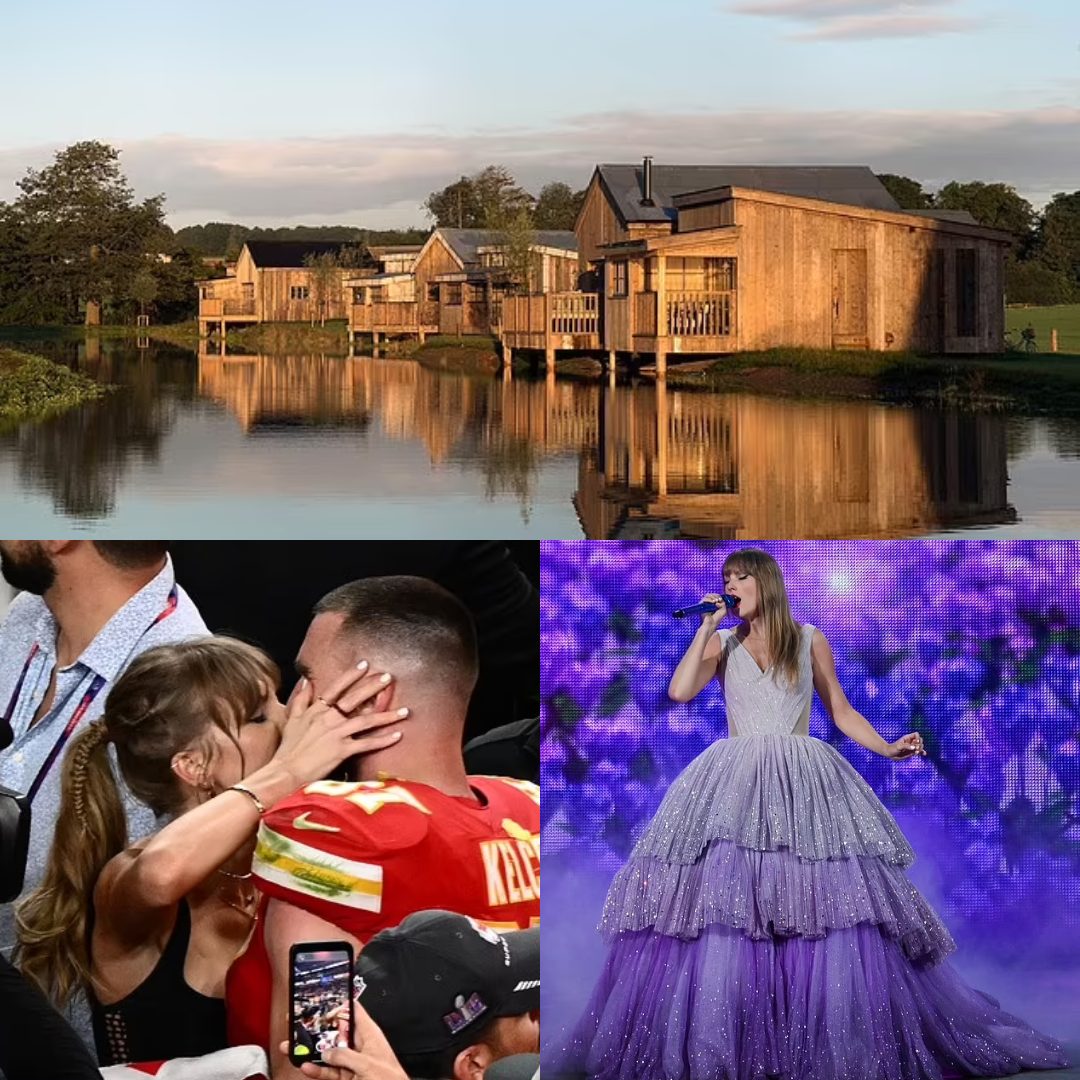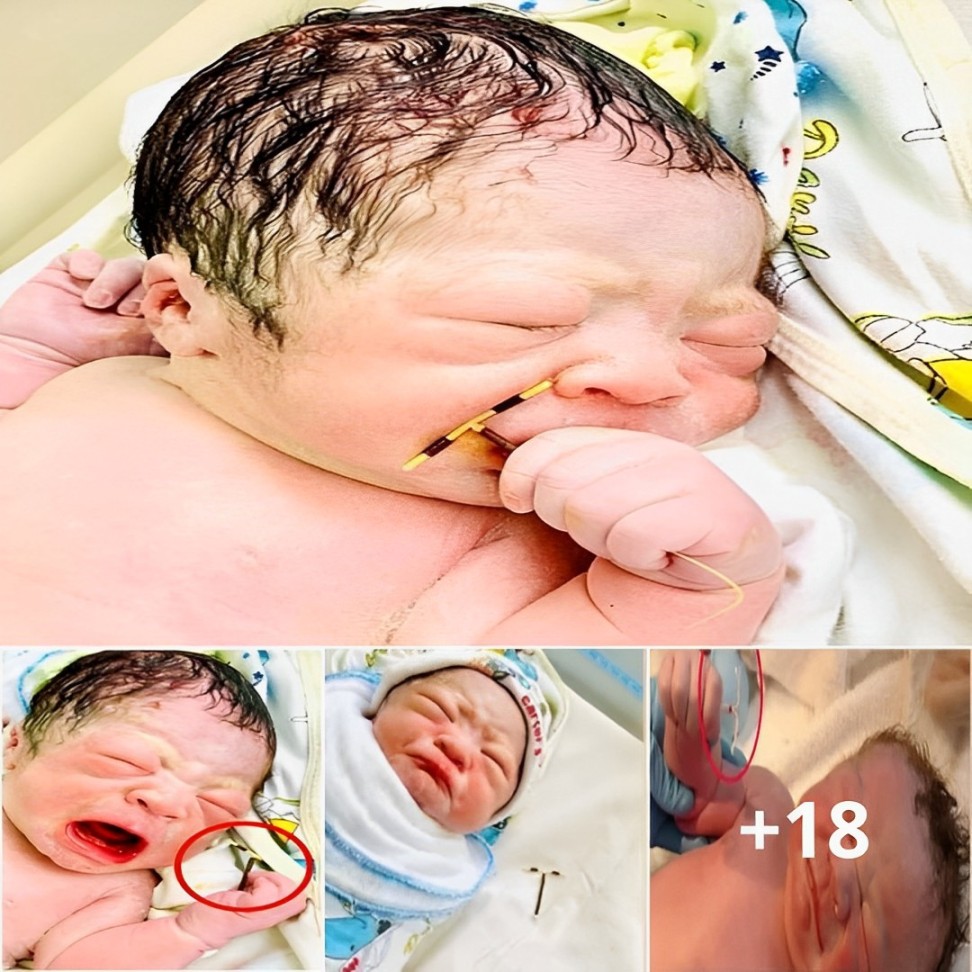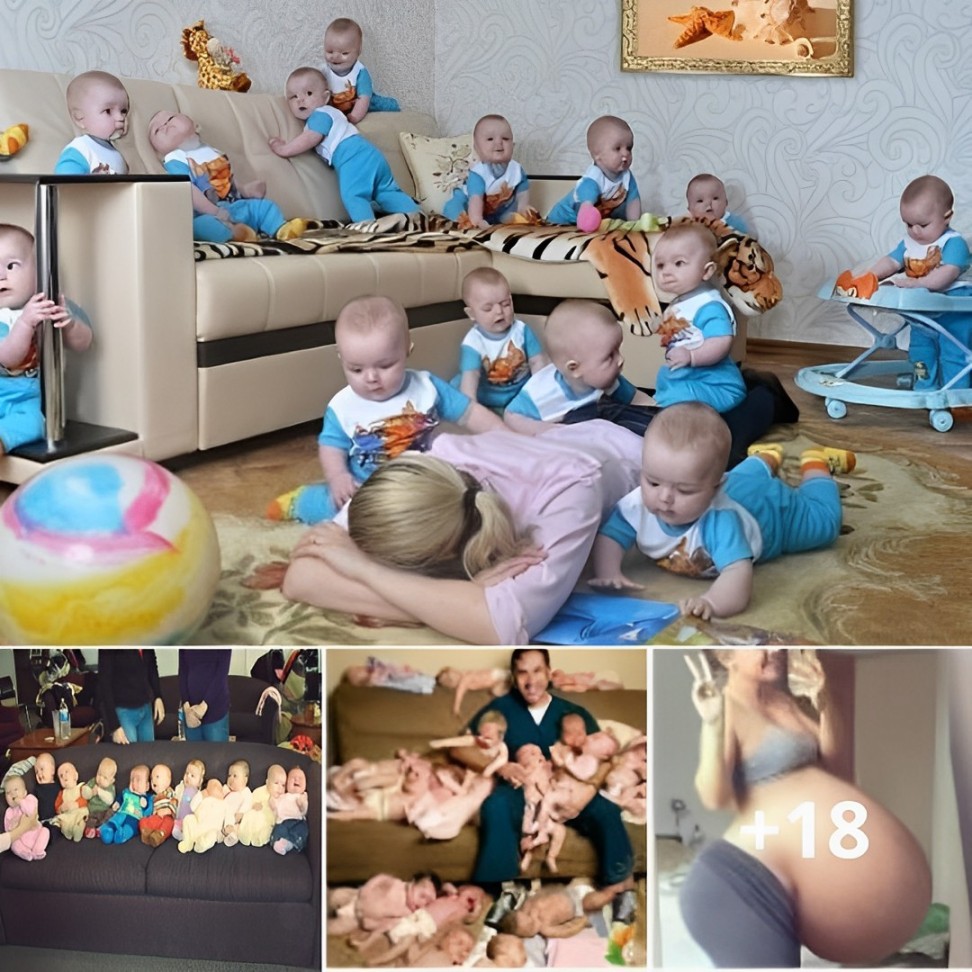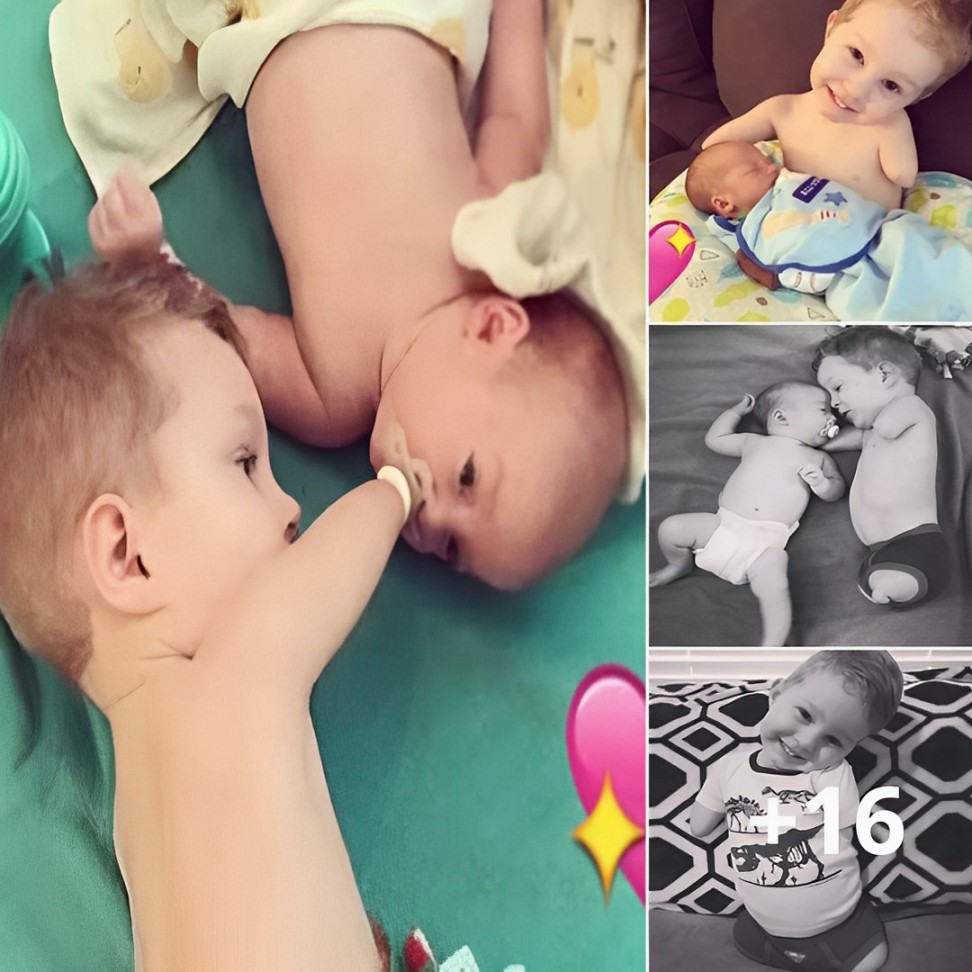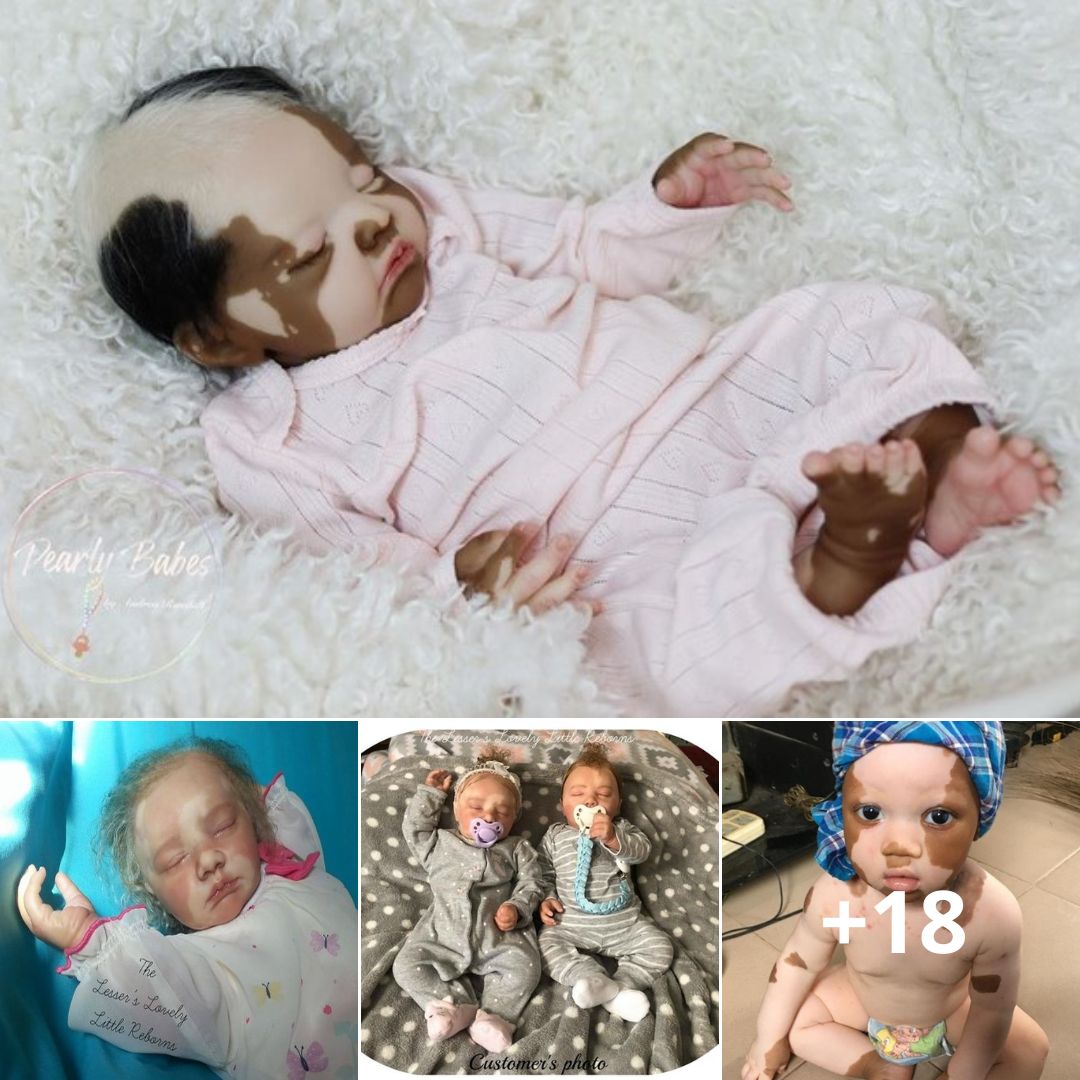A woman in India has recently given birth to a baby girl who possesses a rather extraordinary physical anomaly—four legs and three hands. This remarkable event has caught the attention of the medical community and has left both the parents and the doctors bewildered.

The news of this unique birth spread rapidly, drawing curious onlookers from far and wide. The newborn girl’s condition has sparked numerous debates and discussions among medical professionals, as they attempt to understand the underlying cause and determine the best course of action.
The medical team involved in the case has been tirelessly working to examine the baby’s condition and provide the necessary care. They are meticulously studying her anatomy, conducting tests, and consulting with specialists from various fields. Their primary goal is to offer the best medical solutions to enhance the child’s overall well-being.

While the child’s family is undoubtedly overwhelmed by the unexpected arrival of their daughter, they have shown immense strength and resilience in accepting the situation. Their love for their child remains unwavering, and they are determined to provide her with the best life possible, regardless of her physical differences.
In the wake of this remarkable birth, there has been an outpouring of support and compassion from both the local community and beyond. People have come together to offer assistance, whether it be financial aid, emotional support, or access to specialized medical treatments. This heartwarming response reflects the inherent kindness and empathy that exists within humanity.
The case has also ignited conversations about diversity and acceptance. It serves as a poignant reminder that each individual is unique, and our differences should be celebrated rather than stigmatized. Many are hopeful that this extraordinary birth will contribute to a broader understanding and acceptance of physical anomalies, fostering a more inclusive society.
As medical research progresses, scientists and healthcare professionals aim to unravel the mysteries surrounding such rare occurrences. They strive to expand their knowledge, enabling them to provide better care and support to individuals with unique conditions. Each breakthrough in understanding brings us closer to a world where all individuals, regardless of their physical differences, can lead fulfilling lives.

In conclusion, the birth of a baby girl with four legs and three hands in India has captivated the attention of people worldwide. It serves as a reminder of the incredible diversity found within humanity and emphasizes the importance of embracing differences. As the medical community works diligently to provide the necessary care and support, society must rally together to create an inclusive environment where every individual can thrive.

